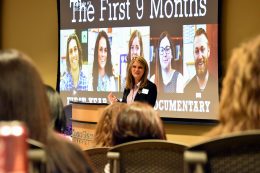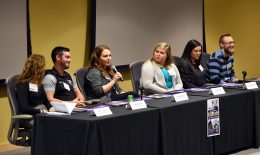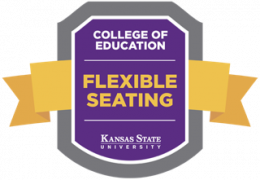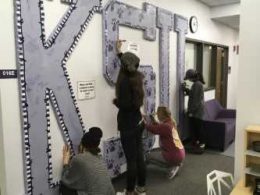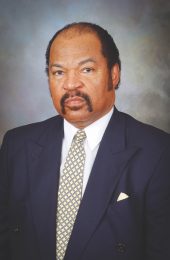The College of Education hosted an event celebrating education at the K-State Olathe campus last month that offered career changers and prospective students alike the chance to visit with alumni and faculty members.
The event was held Jan. 31 and faculty provided information about the college’s undergraduate programs as well as its graduate programs in school counseling, academic advising, curriculum and instruction and adult education. In addition, there was information about the college’s EdCats program for early-career teachers and the newly developed micro-credential courses for K-12 professional development,
“There has never been a better time – or more convenient opportunity – for professionals in the Kansas City metro area to pursue a graduate degree from K-State’s College of Education,” said Debbie Mercer, dean of the college. “The faculty is heavily invested in developing curricula that are challenging and most importantly relevant to our graduate students’ professional aspirations.”
Attendees watched a portion of the college’s documentary released this fall “A Walk in My Shoes: The First 9 Months.” Video participants, Becky Brady (Sunflower Elementary) and Skylar Ross (Pawnee Elementary) with the Shawnee Mission School District, took part in a panel discussion along with Tanner Crow (Blue Valley High School), Annie Goodson (Mill Valley High School), Taylor Miller (Olathe Public Schools) and Katherine Omo Jimenez (Prairie Ridge Elementary).
“It was heartwarming to have so many teachers visit with me after the event and say that the film reminded them of their first few years in the classroom and served as an important reminder to reach out to early-year colleagues and offer support.”
Click here for a full list of the college’s graduate programs.
